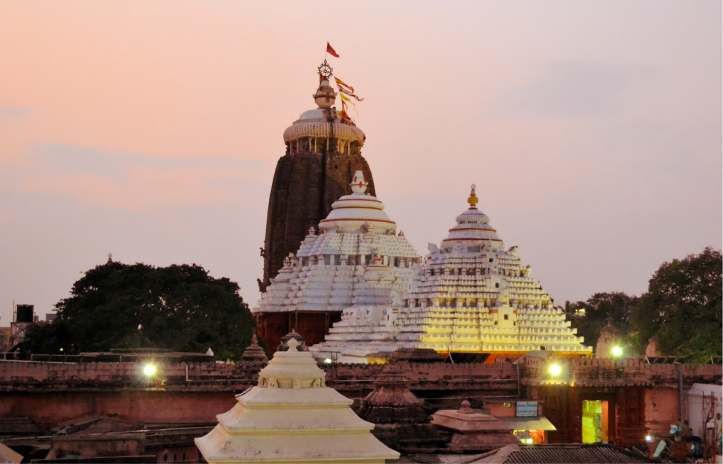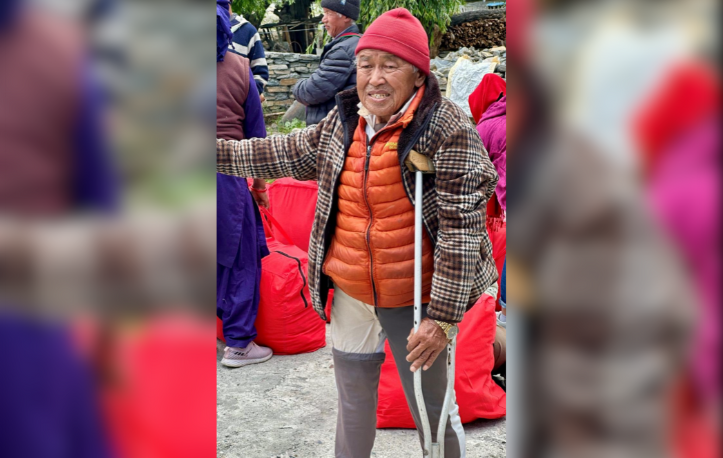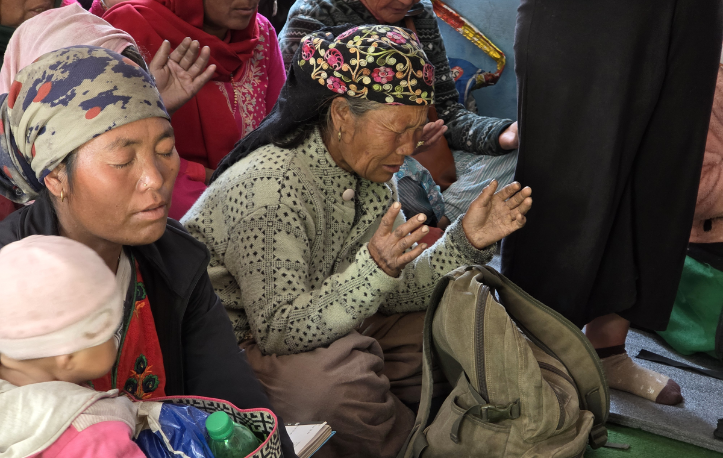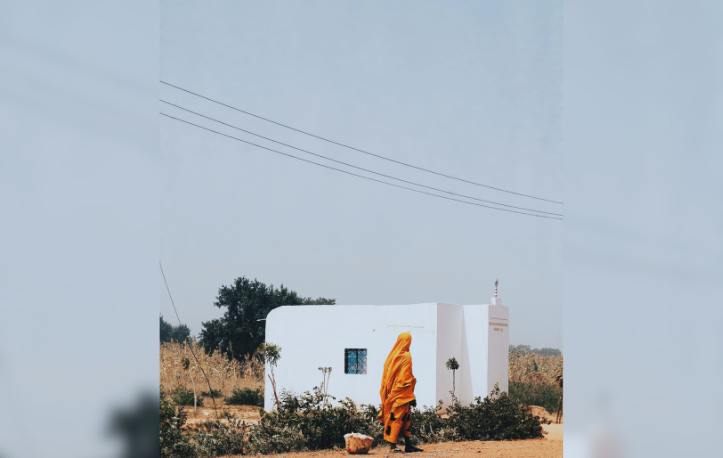India’s Orissa state has frequently been a hotspot of anti-Christian violence by Hindu fundamentalists. One of the worst cases, called genocide, occurred in August 2008 when Hindu mobs attacked the Christian community in retaliation for the murder of a beloved Hindu religious leader, Laxmanananda Saraswati, and four of his followers. Saraswati was assassinated on 23 August 2008, and local Christians were blamed for it by Hindu extremist groups, particularly those of the World Hindu Council (VHP), which is believed to be behind most of the anti-Christian violence in Orissa state.
The day after Saraswati’s assassination, the state’s ruling Hindu nationalist party, the BJP, along with the VHP, called for a twelve-hour shutdown to protest the Hindu leader’s murder. During this time, speeches were allegedly made accusing Christians of his death even though police cited evidence that linked the murder to Maoist rebels. They then paraded Saraswati’s body through the streets of nearby villages, arousing anti-Christian sentiment and inciting the people to avenge his murder.
“Kill Christians and destroy their institutions,” they shouted among other slogans and chants.
Defying curfew and other district-imposed regulations, hundreds of angry Hindus gathered and proceeded to attack Christians all over Orissa state. In the ensuing days, pastors and Christian leaders were targeted and killed; Christian homes and churches were burned down; Christian organisations and shops were looted and vandalised; a missionary-run orphanage was set on fire; villagers were pulled from their homes and beaten or killed; and women were raped. In at least three hundred villages, thousands of people were attacked and displaced from their homes, forced to flee and go into hiding. Many found refuge in the surrounding forests and jungles but were exposed to inclement weather, hunger, and starvation. The violence trickled down through September and into surrounding states, with fewer, though connected, incidents involving church burnings, church leaders receiving death threats, and forced conversions of Christians to Hinduism.
Around ninety-two incidents of violence were reported in fourteen districts around the state, mainly within the Kandhamal district. At least four thousand houses and 115 church buildings were burned or destroyed. Statistics on the death toll differ, but it is believed in total that more than five hundred Christians were killed. Many of the victims were Dalits, or “untouchables”, in the lowest tier of India’s caste system. Making up around 60% of India’s population, Dalits have responded to the call of Christ in overwhelming numbers, making them likely targets for Hindu extremists who hope to preserve India’s traditional religious and cultural roots.
The authorities and the media in Orissa downplayed the violence and refused to see the attacks as organised though it was the second such case of mass attacks in Orissa state. December 2007 saw the first when Hindu radicals in Brahmanigaon, Phulbani district, protested the erection of an arch and a tent for a Christmas service, though the Christian community had gained permission beforehand. A riot broke out and twelve Christians were killed, two thousand homes were destroyed, Christian shops were looted and destroyed, and four Gospel for Asia churches were damaged.
Although India’s Christian minority constitutes about 2% of the country’s population, violence against Christians in and around Orissa state continues largely unabated. Not only are Christians harassed, but churches and Christian organisations are looted, vandalised, and set on fire regularly, all acts that aim to strike fear and intimidation into the hearts of believers. But courage and hope remain despite the odds.




Submit a Prayer